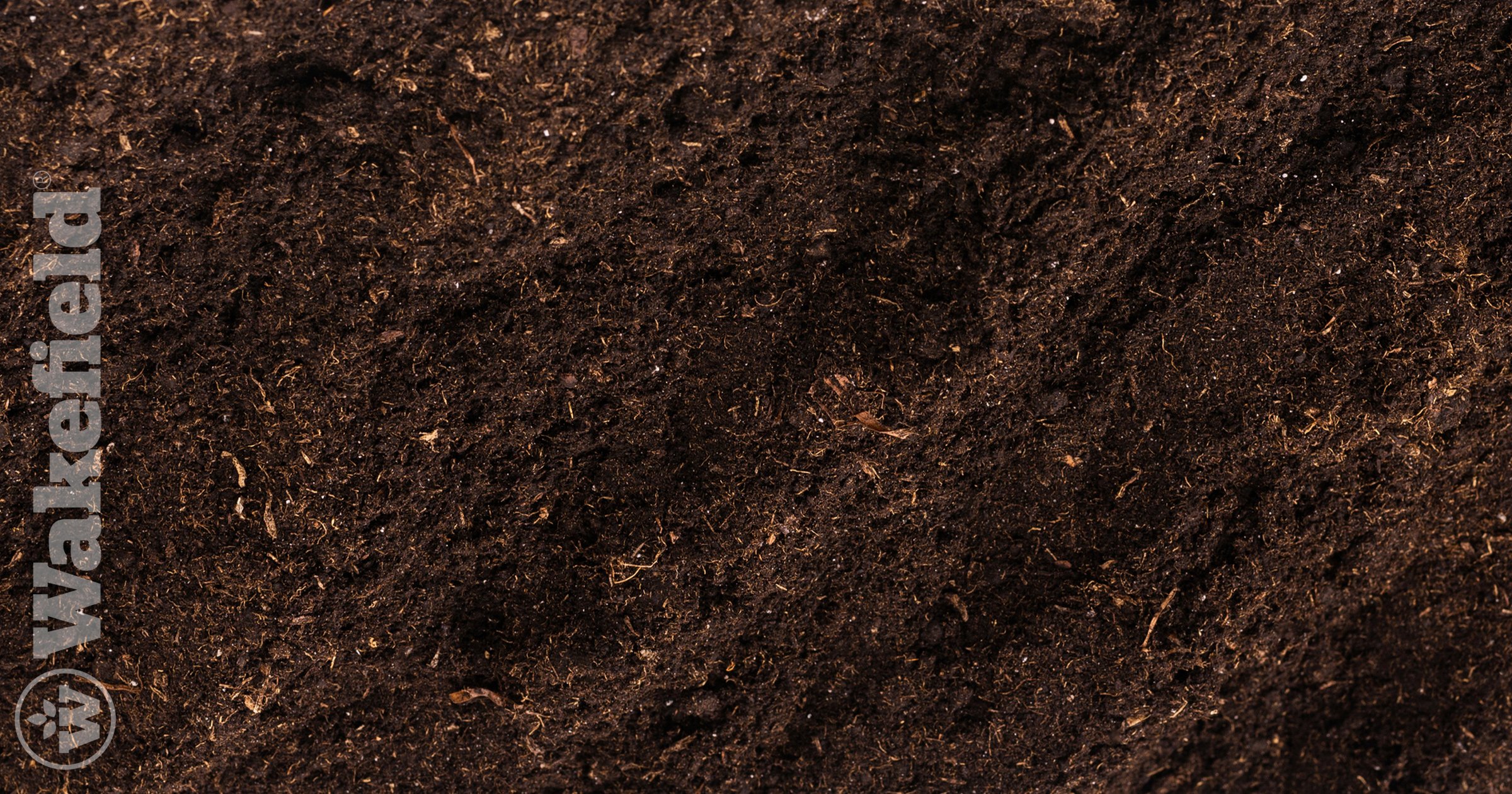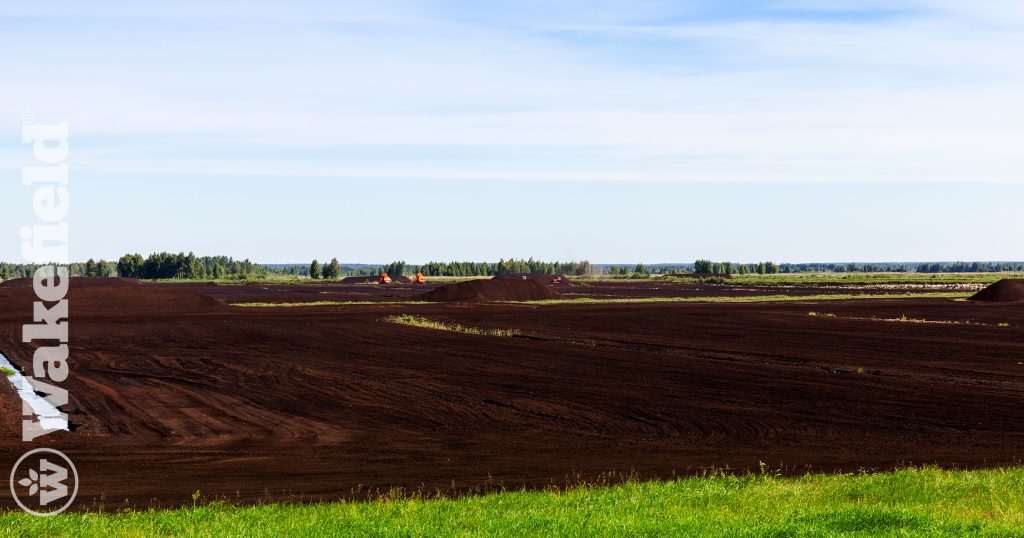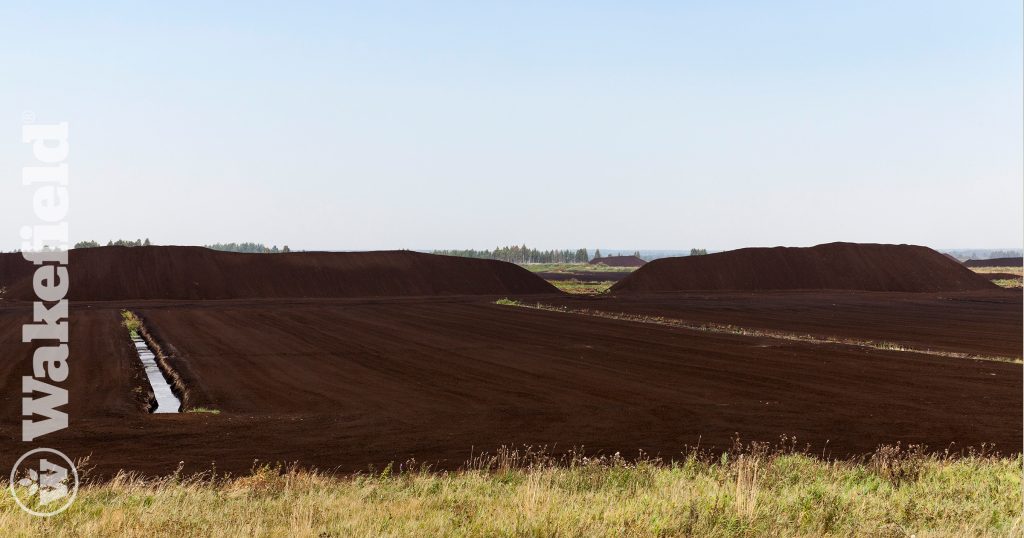Peaty Soil Conditions

If you have peaty soil, you’re most likely dealing with wetland conditions, which can make cultivating plants challenging. However, certain crops and plants can thrive in this soil type, especially with the right amendments like biochar.
Understanding Peaty Soil
Peaty soil originates in wetlands and consists of a large amount of organic material, such as dead plants and mosses. One of the most common components is sphagnum moss, also known as peat moss. This soil type has high acidity levels, causing organic materials to break down slowly. Waterlogged conditions further delay decomposition. Generally, soil with over 30 percent organic surface layers qualifies as peat.
Key features of peaty soil include:
- High Water Holding Capacity: Peaty soil can hold a lot of water, which can be beneficial for moisture-loving plants.
- Low pH: This soil type is highly acidic, affecting what plants can grow. Something biochar can fix!
- Poor Nutrient Availability: The slow decomposition of organic material limits nutrient availability.
- Low Oxygen Availability: Waterlogged conditions reduce oxygen levels in the soil.
- Reduced Decomposition Rate: Organic matter breaks down very slowly.
- Low Bulk Density: Peaty soil is less dense, making it spongy and fine-textured.
Recognizing Peaty Soil
To identify peaty soil, look for these characteristics:
- Dark Color: Peaty soil is very dark, often almost black.
- Rich Organic Content: It has a substantial surface accumulation of organic material.
- Spongy Texture: The soil is fine and absorbs water easily.
- High Water Retention: It remains waterlogged even after periods without rain.
- High Acidity Levels: Soil tests will show high acidity.
- Limited Nutrient Profile: Slow decomposition limits the nutrients available to plants.
Benefits and Challenges of Peaty Soil
Growing plants in peaty soil has its pros and cons:
Benefits:
- Excellent Moisture Retention: Peaty soil retains water well, so frequent watering is unnecessary.
- Natural Organic Nutrients: The organic matter provides some nutrients for plants.
- Low Presence of Harmful Microorganisms: Peaty soils generally do not harbor many harmful microorganisms.
Challenges:
- Excess Moisture: This can lead to root rot and poor drainage.
- Low pH Levels: The high acidity can limit the variety of plants you can grow.
Improving Peaty Soil with Biochar
Biochar is a fantastic soil amendment for peaty soil. Made from organic biomass heated at high temperatures without oxygen (a process called pyrolysis), biochar is a carbon-rich soil conditioner that can significantly improve various soil types, including peat.
Here’s how biochar helps peaty soil:
- Enhances Nutrient Availability: Biochar makes nutrients more accessible to plants.
- Increases Beneficial Microorganisms: It supports the growth of helpful soil microbes.
- Balances Moisture Levels: Biochar helps regulate moisture, improving drainage and reducing waterlogging.
Biochar vs. Peat Moss
Peat Moss: Environmental Concerns
Peat moss has been widely used as a soil amendment, but its use is being phased out in places like the United Kingdom due to significant environmental concerns. Harvesting peat moss destroys peatlands, which are vital ecosystems that store large amounts of carbon dioxide. When peat is extracted, it releases this stored carbon into the atmosphere, contributing to climate change.
Biochar: The Eco-Friendly Alternative
In contrast, biochar offers several environmental benefits:
- Carbon Sequestration: Biochar is produced through pyrolysis, a process that converts organic biomass into a stable form of carbon. Each pound of biochar sequesters two pounds of carbon dioxide, helping to mitigate climate change.
- Sustainable Production: Made from waste materials like wood scraps, biochar production recycles organic matter, reducing waste and promoting sustainability.
- Long-Lasting Soil Improvement: Unlike peat moss, which decomposes over time, biochar remains stable in the soil for hundreds to thousands of years, providing long-term benefits for soil health and fertility.
By choosing biochar over peat moss, you not only enhance your soil but also contribute to global efforts to combat climate change. At Wakefield BioChar, our sustainable biochar products help you grow healthier plants with less environmental impact.
Learn More from Wakefield BioChar
No matter your soil type, biochar can improve it. At Wakefield BioChar, we help you grow healthier plants with less effort. By using biochar, you’re also helping the environment by reducing carbon dioxide levels.
Better Soil. Better World. Happy planting!







